Disclosure: This article contains affiliate links. We may earn a commission from purchases at no extra cost to you, which helps our travel content.
When I traded my courtroom attire for business casual to attend a legal tech conference in Shanghai last year, I discovered that China's financial powerhouse demands a different approach than typical business destinations. As someone accustomed to navigating complex systems (both legal and cultural), I found Shanghai to be a masterclass in contrasts—ancient traditions alongside futuristic innovation, formal business protocols mixed with relationship-building over tea ceremonies. Whether you're finalizing contracts with Chinese partners or exploring potential market expansion, success here requires understanding both the explicit and unspoken rules of engagement. This guide combines my legal eye for detail with practical strategies to help you maximize productivity while experiencing Shanghai's rich cultural landscape—because the most valuable business connections often happen when you step away from the boardroom.
Navigating Business Culture & Etiquette
As a public defender, I've learned that understanding cultural context is essential for effective communication—a principle that applies doubly in Shanghai's business environment. The concept of mianzi (face) influences every professional interaction here. During my meetings with legal technology firms, I quickly realized that direct criticism or disagreement in group settings was counterproductive. Instead, issues are better addressed privately and with careful attention to preserving everyone's dignity.
Business cards remain surprisingly important in this digital age. Invest in quality bilingual cards and present them with both hands, Chinese side facing the recipient. When receiving cards, take a moment to read them—don't immediately pocket them. This simple gesture demonstrates respect and attention to detail.
Relationship-building (guanxi) is fundamental to Chinese business culture. Don't be surprised when your Shanghai counterparts want to know about your family or background before diving into business matters. These aren't mere pleasantries but essential foundation-laying for trust. One of my most productive partnerships emerged only after sharing a lengthy traditional tea ceremony with a potential collaborator—something I initially (and mistakenly) viewed as time away from 'real work.'
Hierarchy matters tremendously. When meeting with Chinese companies, be attentive to seating arrangements and speaking order, which often reflect organizational structure. As the visiting party, follow your host's lead regarding when to exchange gifts (quality items representing your home region are appropriate) and when to transition from social conversation to business discussion.
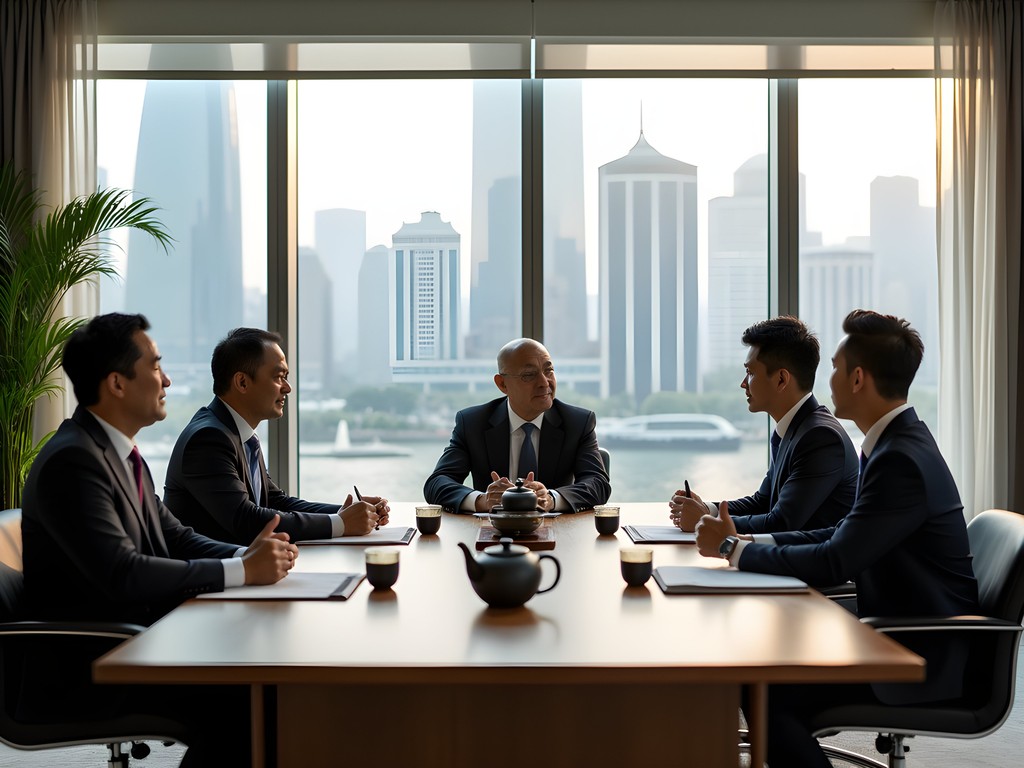
💡 Pro Tips
- Have bilingual business cards printed on quality card stock before arrival
- Research your Chinese counterparts' titles and positions to understand hierarchy
- Prepare thoughtful questions about Chinese culture to demonstrate genuine interest
Strategic Accommodation: Your Business Base
Your choice of accommodation in Shanghai isn't just about comfort—it's about strategic positioning. During my week-long stay, I discovered that the right hotel serves as command central for your business operations, potentially saving hours of transit time in this sprawling metropolis.
The Jing'an and Lujiazui districts offer the most convenient bases for business travelers. I opted for Jing'an for its blend of business facilities and cultural immersion opportunities. My noise-canceling headphones proved invaluable for transforming my hotel room into a productive workspace between meetings—Shanghai's energy is exhilarating but can be overwhelming when you need to focus.
Most luxury and business-class hotels offer dedicated business centers, but I found their services overpriced compared to what's available nearby. Instead, investigate co-working spaces like WeWork locations or local options like naked Hub, which offer day passes and superior networking opportunities with local entrepreneurs.
Consider requesting a west-facing room if staying in Pudong—the sunset views over the historic Bund provide a stunning backdrop for evening conference calls with colleagues back home. If budget allows, executive floor access typically includes private check-in/out services, dedicated concierge support, and lounge access with complimentary breakfast and evening cocktails—ideal for informal meetings or catching up on work while enjoying panoramic city views.
One accommodation hack I discovered: hotels near metro line 2 offer the most efficient access to both airports, major convention centers, and key business districts, saving precious time during tight schedules.
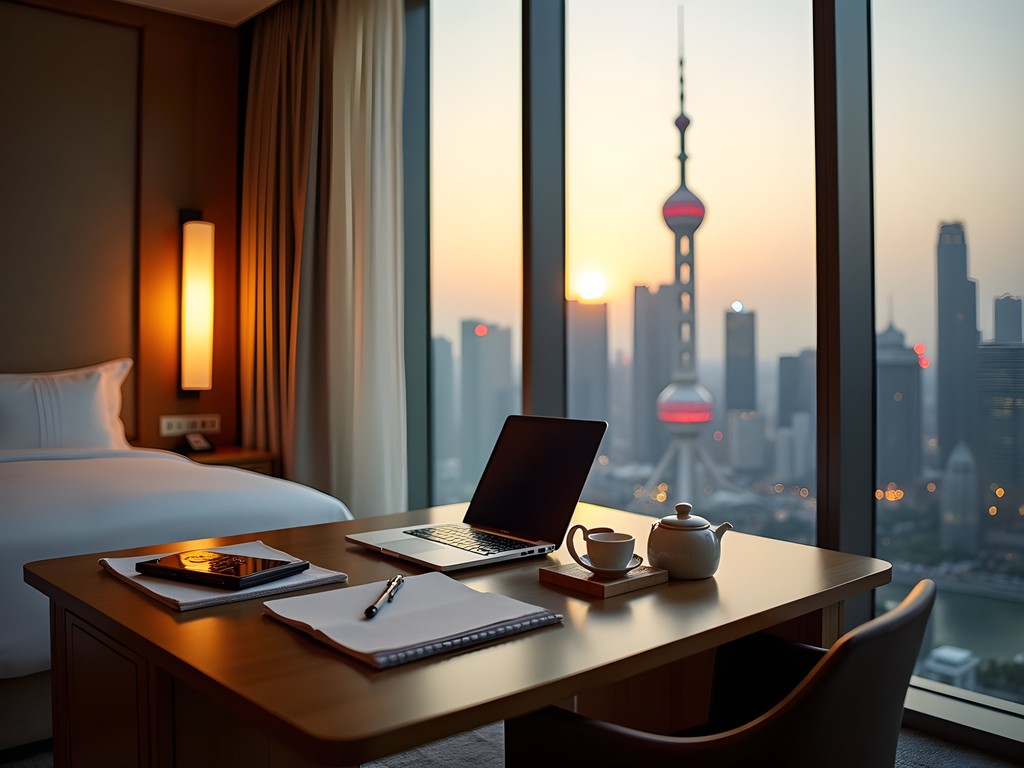
💡 Pro Tips
- Request rooms on higher floors for better air quality and reduced street noise
- Book hotels with VPN services built into their WiFi for reliable access to Western websites
- Consider serviced apartments for stays exceeding one week—they offer better value and more space for hosting informal meetings
Transportation Mastery: Moving Efficiently Through the City
Shanghai's transportation system reflects its unique blend of hyper-modern efficiency and occasional bewildering complexity. As someone accustomed to navigating complex systems, I was impressed by how the city's metro network rivals any global financial center while maintaining remarkable affordability.
The metro system forms the backbone of business travel in Shanghai. Clean, punctual, and comprehensive, it connects all major business districts. Download the Metro China app before arrival—it works offline and provides English navigation. Purchase a Shanghai Public Transportation Card (similar to London's Oyster card) immediately upon arrival; it works across metros, buses, and even taxis, eliminating the need to fumble with cash for each journey.
For important client meetings where presentation matters, Shanghai's DiDi app (China's equivalent to Uber) offers a premium car service option that's still remarkably affordable compared to Western cities. The app has an English interface, but I recommend having your hotel concierge help set up your account initially, as it requires a Chinese phone number verification.
Don't underestimate Shanghai traffic—it can render scheduled taxi trips unpredictable. For crucial meetings, the metro remains your most reliable option despite being less comfortable. I learned this lesson the hard way after missing the first 15 minutes of a potential partnership discussion due to unexpected congestion.
When traveling between Pudong and Puxi districts, consider the Bund Sightseeing Tunnel. Though touristy, it offers a quick connection with the bonus of experiencing one of Shanghai's quirkier attractions. For airport transfers, the Maglev train from Pudong Airport reaches speeds of 430 km/h and connects to the metro system—both an efficient option and a uniquely Shanghai experience worth having.
Finally, invest in a quality travel backpack that transitions seamlessly from metro commutes to client meetings. Mine has dedicated compartments for documents, tech, and personal items, allowing me to navigate the city efficiently while maintaining a professional appearance when I arrive at my destination.

💡 Pro Tips
- Pre-load your transportation card with at least 200 RMB to avoid frequent recharging
- Screenshot your destinations in Chinese characters to show taxi drivers if needed
- Allow 50% more transit time than mapping apps suggest during rush hours (7:30-9:30am and 5-7pm)
Productive Networking Venues Beyond the Conference Room
In Shanghai, the most valuable business relationships often develop outside traditional meeting spaces. As someone who builds rapport with diverse clients daily in my legal practice, I quickly recognized that Shanghai's business culture places enormous value on where and how you choose to connect.
Traditional Chinese tea houses offer intimate settings for meaningful one-on-one conversations. The Tang Ming Tea House in Yu Garden provides an authentic experience where the ceremonial preparation of tea creates natural pauses for thoughtful discussion. These venues signal your appreciation for Chinese culture while providing a relaxed atmosphere where relationships can develop organically.
For impressing potential clients or partners, the Cloud 9 bar atop Jin Mao Tower offers breathtaking 360-degree views from the 87th floor. Arriving before sunset allows you to witness Shanghai's dramatic transformation from day to night—a powerful metaphor when discussing business transformation or growth opportunities. Reserve a window table at least a week in advance and arrive early to secure the best views.
When needing a productive yet casual environment, Shanghai's emerging café culture provides excellent third spaces. The YongFoo Elite, housed in the former British Consulate, blends historical significance with exquisite garden surroundings—perfect for discussions requiring both privacy and inspiration. For a more contemporary setting, Baker & Spice in IAPM Mall offers reliable WiFi, excellent coffee, and enough ambient noise to ensure conversation privacy.
I've found that Shanghai's parks provide surprising networking opportunities, particularly with health-conscious executives. An early morning walk through Fuxing Park lets you experience local culture (watch for groups practicing tai chi) while discussing business in a refreshingly unconventional setting. One of my most successful connections happened during such a morning walk, where the informal setting allowed for more candid conversation than any conference room could provide.
For documenting these important meetings, I rely on my smart notebook, which allows me to take handwritten notes during meetings and digitize them immediately—maintaining both the personal touch of handwritten notes and the efficiency of digital organization.
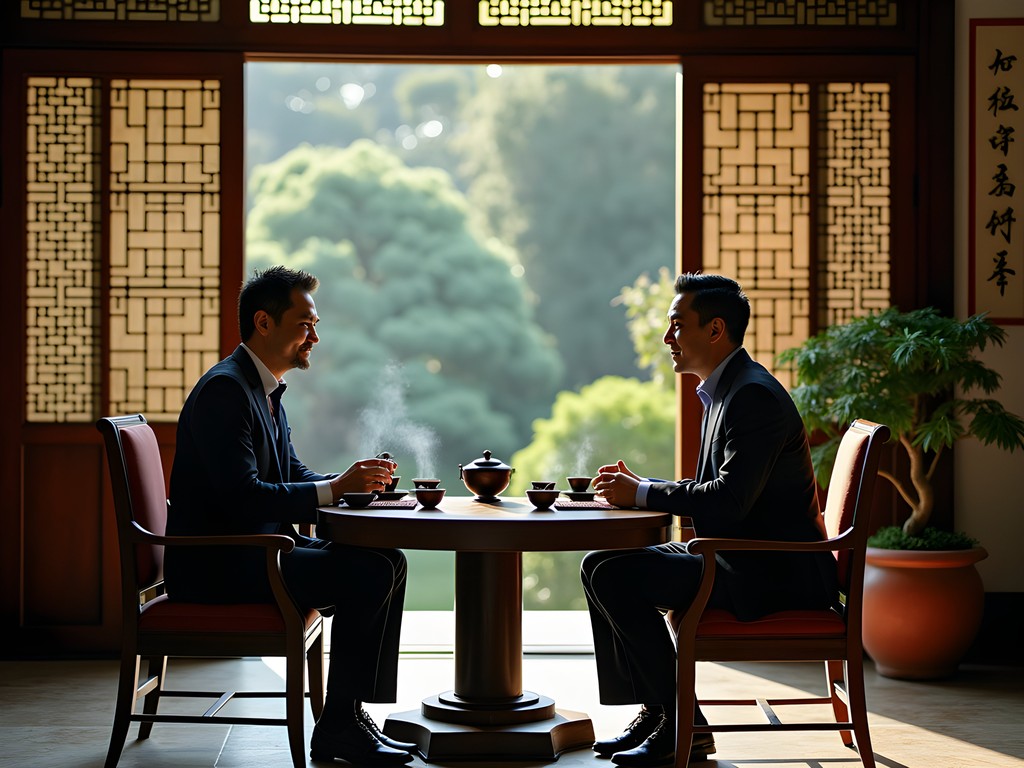
💡 Pro Tips
- When hosting at restaurants, book private rooms (called 'bao jian') for important discussions
- Learn basic tea etiquette before hosting at a traditional teahouse—small details matter
- Schedule important meetings between Tuesday and Thursday when local executives are most available
Cultural Immersion as Strategic Downtime
In Shanghai, how you spend your non-meeting hours can significantly impact your business success. As someone who regularly incorporates cultural understanding into my legal practice, I've found that strategic cultural immersion provides both necessary mental refreshment and valuable contextual insights for business discussions.
The city's museums offer efficient cultural education when time is limited. The Shanghai Urban Planning Exhibition Center provides fascinating context on the city's remarkable development—knowledge that proves valuable when discussing real estate or infrastructure projects. Meanwhile, the China Art Museum showcases contemporary Chinese creative expression, offering subtle insights into current cultural trends and values.
Shanghai's rich architectural heritage tells the story of its complex relationship with Western influence. A self-guided walking tour of the former French Concession reveals European-inspired villas alongside traditional shikumen lane houses. Understanding this historical context helps contextualize modern Chinese business attitudes toward international partnerships.
For evenings when you need mental decompression, consider the ERA acrobatics show at Shanghai Circus World. Unlike typical tourist attractions, this world-class performance demonstrates the precision, discipline, and innovation that characterize modern Chinese business culture—while being genuinely entertaining after a day of intense meetings.
Food exploration serves as both cultural education and networking opportunity. Rather than dining alone, invite local colleagues to guide you through regional cuisines. One memorable evening, a potential client took me to sample xiaolongbao (soup dumplings) at Din Tai Fung, where the precision of the preparation process (each dumpling famously contains exactly 18 folds) sparked a conversation about quality control in manufacturing that led to a deeper professional connection.
To capture these meaningful cultural experiences, I use my compact camera rather than my smartphone. Its superior low-light performance and unobtrusive size make it ideal for documenting architectural details and cultural moments without appearing like a typical tourist. These images later serve as thoughtful conversation starters in follow-up communications with Chinese contacts.
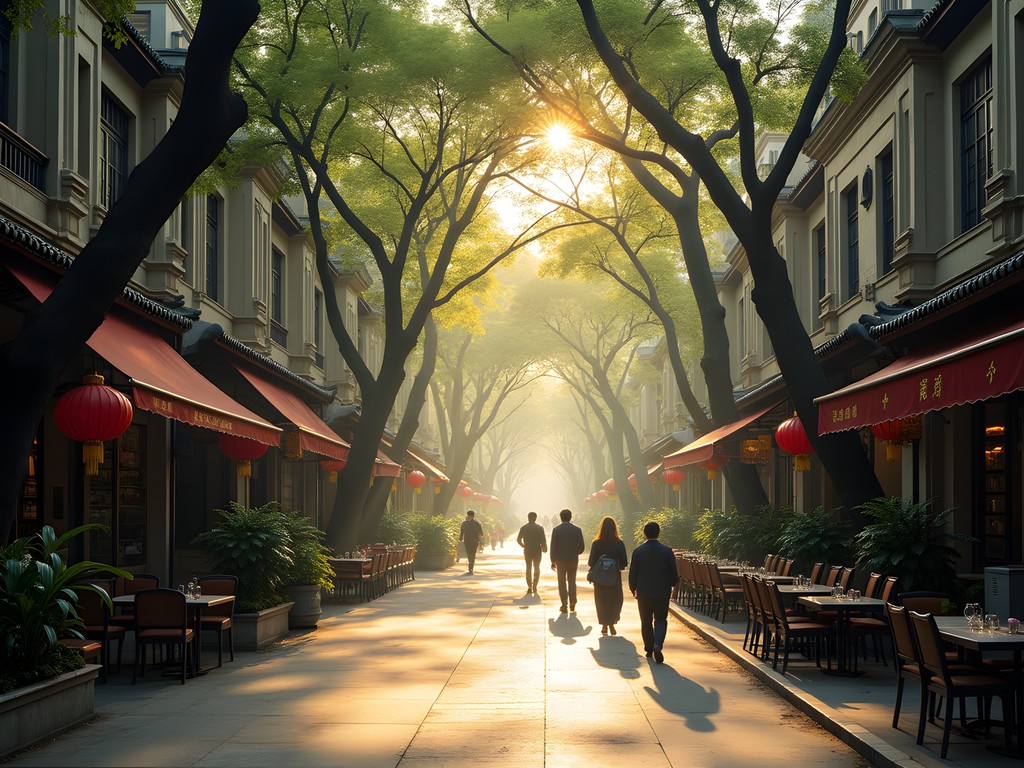
💡 Pro Tips
- Schedule at least one cultural activity midweek to refresh your perspective during intense business trips
- Ask local colleagues for recommendations—their suggestions often reveal their own values and interests
- Learn about the cultural significance of common gifts like tea, jade, or calligraphy to select appropriate business mementos
Digital Navigation & Communication Strategies
Shanghai's digital landscape presents unique challenges for Western business travelers accustomed to unfettered internet access. My legal background has taught me to always prepare contingencies, and nowhere is this more important than in managing your digital connectivity in China.
The Great Firewall blocks access to many Western platforms including Google, Gmail, WhatsApp, Facebook, and Twitter. Before departure, establish a reliable VPN solution—but understand that not all VPNs function consistently in China. I recommend setting up premium VPN service before arrival and testing it specifically for China access. Download the app on all devices and test it before departure, as VPN websites themselves are typically blocked within China.
Adapt to local digital ecosystems by downloading essential Chinese apps: WeChat is non-negotiable as it functions as messaging, payment system, business card exchange, and social media all in one. DiDi for transportation, Baidu Maps for navigation, and Pleco for translation will form your digital survival kit. Create accounts and verify them before arrival when possible, as some require Chinese phone verification.
Prepare for digital communication barriers by setting up auto-responders on blocked email accounts and providing alternative contact methods to important contacts. I create dedicated email signatures for China trips with my WeChat ID and Chinese mobile number prominently displayed.
Mobile payments dominate in Shanghai, with cash becoming increasingly obsolete and credit cards less widely accepted than Westerners might expect. While WeChat Pay and Alipay require Chinese bank accounts for full functionality, many hotels and international retailers accept international credit cards. Carry moderate cash reserves for small vendors and transportation.
For critical documents and presentations, don't rely on cloud access. Download everything to your devices before arrival and bring backup copies on a secure USB drive. I learned this lesson when unable to access crucial presentation materials stored in Google Drive minutes before an important meeting.
Finally, consider purchasing a temporary Chinese SIM card upon arrival (available at the airport) rather than relying on international roaming, which can be prohibitively expensive and sometimes unreliable. China Mobile offers visitor packages with data plans sufficient for business needs.
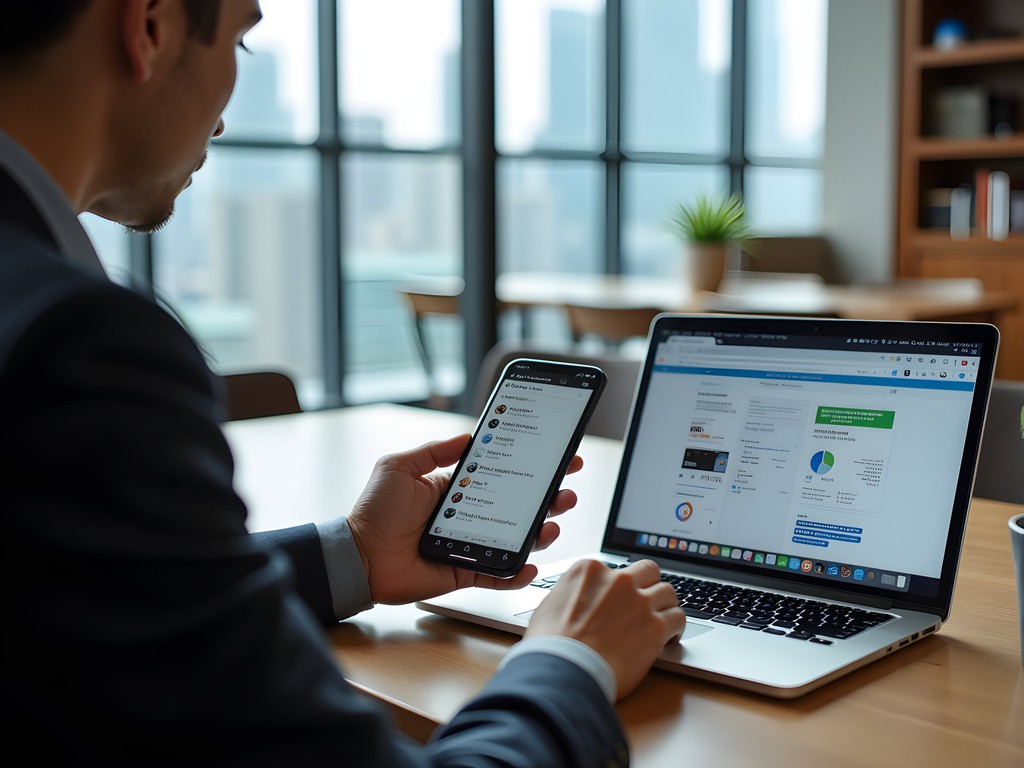
💡 Pro Tips
- Test your VPN connection from your hotel immediately upon arrival and have backup options ready
- Set up a dedicated email address on a service accessible in China (like Outlook) for critical communications
- Take screenshots of important addresses, directions, and contact information in Chinese characters for offline reference
Final Thoughts
Shanghai rewards the prepared business traveler with unparalleled opportunities for both professional advancement and personal growth. By approaching this dynamic city with cultural sensitivity, strategic planning, and genuine curiosity, you'll distinguish yourself from visitors who never venture beyond their hotel and meeting rooms. The relationships you build here—forged over tea ceremonies, during architectural walks, or in thoughtful cultural exchanges—will likely prove more valuable than any contract signed in a conference room. As my legal career has repeatedly shown me, true understanding emerges from context, and context comes from immersion. Your willingness to engage meaningfully with Shanghai's complexities won't just enhance your current business objectives—it will fundamentally transform how you approach global business relationships in the future. I'd love to hear about your experiences navigating Shanghai's business landscape in the comments below.
✨ Key Takeaways
- Balance formal business protocols with relationship-building through cultural experiences
- Master Shanghai's transportation systems to maximize productivity and minimize stress
- Prepare alternative digital communication strategies before arrival
- Leverage strategic 'downtime' for cultural insights that enhance business understanding
📋 Practical Information
Best Time to Visit
year-round, with spring (April-May) and fall (September-October) offering the most pleasant weather
Budget Estimate
$300-500 per day including luxury accommodation, business dining, and transportation
Recommended Duration
5-7 days minimum for effective business engagement
Difficulty Level
Intermediate Due To Language Barriers And Digital Access Challenges

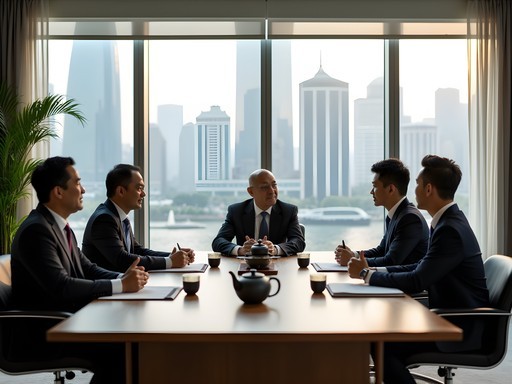
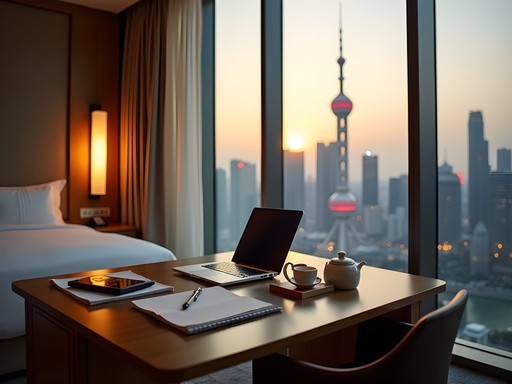

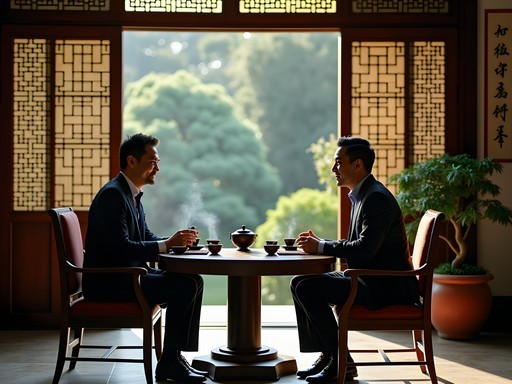

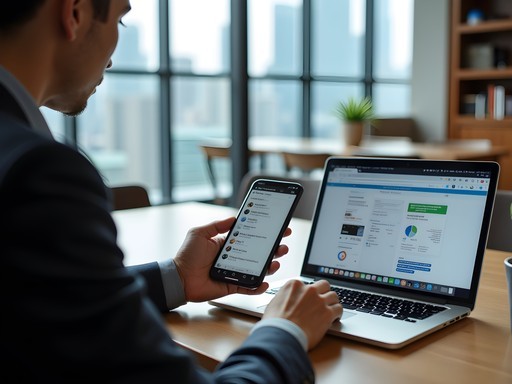



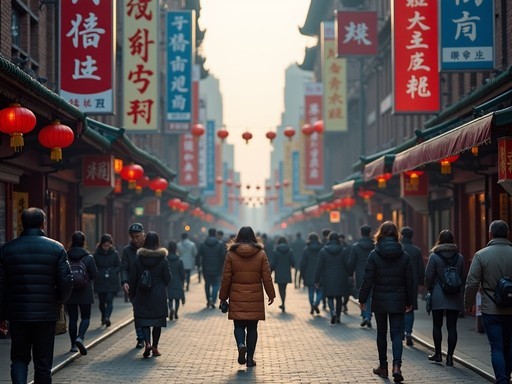

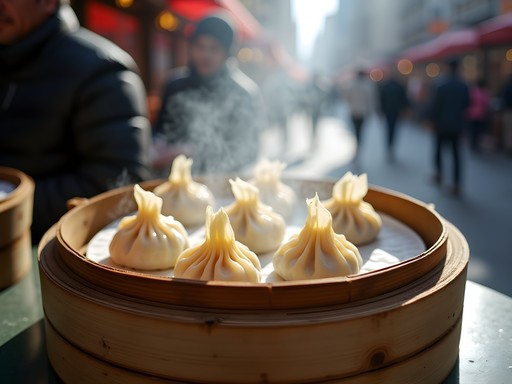
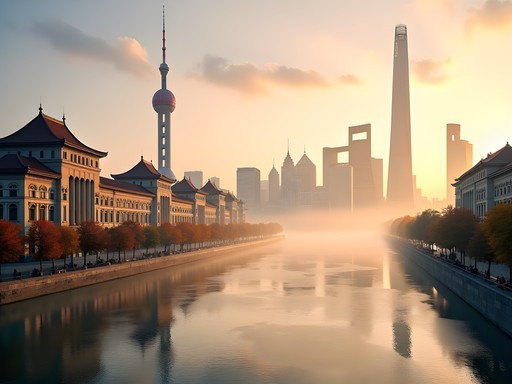
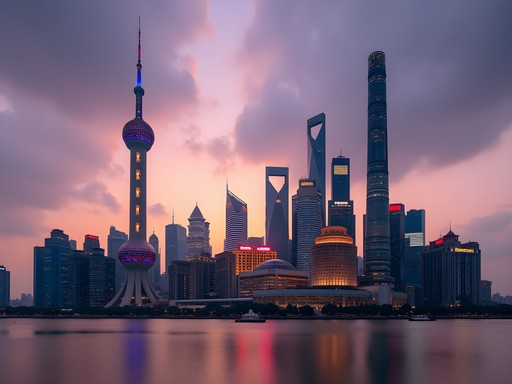
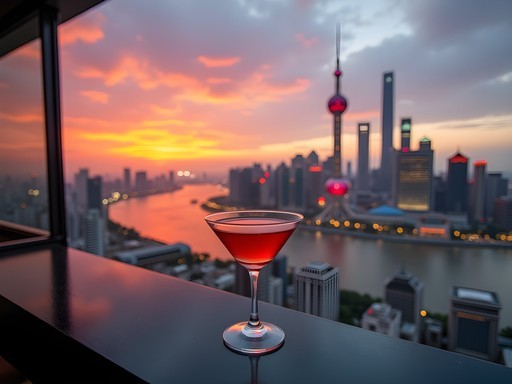
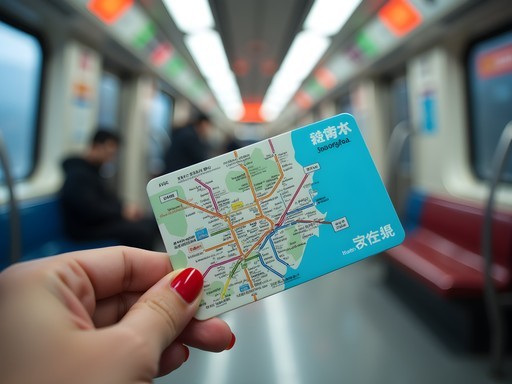
Comments
Dylan Turner
Savannah, excellent breakdown of Shanghai's business landscape. As someone who travels there quarterly for fintech conferences, I'd emphasize your point about accommodation. The location truly matters - I've found the hotels in Lujiazui financial district offer the best blend of proximity to major corporations and comfort for executive travelers. One aspect I'd add to your transportation section: the Maglev train from Pudong Airport is impressive (431 km/h!) but only practical if your meetings are near specific stations. For executives on tight schedules, arranging a private driver through your hotel for the duration of your stay is worth every yuan - they navigate the complex road systems and act as informal cultural guides. The WeChat tip is crucial - I've had deals fall through simply because I wasn't accessible on the platform. Business in Shanghai happens as much in WeChat groups as in boardrooms.
Savannah Torres
Excellent points about the driver service, Dylan! Completely agree about WeChat too - I should have emphasized that more. It's practically impossible to do business there without it.
roamlegend
Just got back from Shanghai last week. The tip about having a VPN set up before arrival saved me! I used ExpressVPN and had zero issues accessing my work email and Slack. Also, the Bund at sunset is perfect for casual client meetings - several great coffee shops with views.
moonperson
OMG those rooftop networking spots look amazing!! 😍 Can't wait to check them out next month on my first business trip to Shanghai!
wildhero
Anyone have experience with the high-speed train from Shanghai to other cities for day trips? Worth it for meetings in nearby cities?
Amanda Morris
Your section on business etiquette brought back memories of my first corporate trip to Shanghai three years ago! I made the classic mistake of not bringing enough business cards and ran out halfway through the conference. The subtle emphasis on hierarchy in meetings is something I noticed too - waiting for the most senior person to speak first was crucial. One thing I'd add is that I found scheduling meetings around major holidays (especially Chinese New Year) to be challenging. Best to check the local calendar carefully when planning important business trips. The Yu Garden area was perfect for taking clients for a more cultural experience after formal meetings.
moonperson
Amanda, did you find it easy to navigate the metro with clients? Or is it better to just use DiDi?
Amanda Morris
I found DiDi much better for client meetings - more professional and you can expense it. Metro is great for personal exploration though!
dreamchamp
The networking venues section is super helpful! Saving this for my upcoming trip.
greennomad
Great guide! Did you find language barriers to be a big issue during your business meetings there?
Savannah Torres
Thanks for asking! Language wasn't as big a barrier as I expected in formal business settings - most executives speak English well. But having a translation app handy for casual conversations was essential. I found preparing simple greeting phrases in Mandarin went a long way in building rapport.
greennomad
That's helpful to know. I've got a tech conference there in January and was worried about communication issues.
greenhero
How's the air quality for running? I like to keep up my morning jogs even on business trips.
Willow Sanchez
It varies a lot! Check the AQI daily - Century Park is great for morning runs when the air's decent. Some hotels also have amazing indoor facilities if the air quality is poor.
Willow Sanchez
Savannah, your section on "Networking Venues Beyond the Conference Room" is pure gold! During my stay in Shanghai while working on a cultural exchange project, I found that tea houses were indeed the secret weapon for meaningful business conversations. The Yu Garden's Huxinting Teahouse may seem touristy, but my Chinese partners were genuinely impressed that I suggested it. The ritual of tea brewing created natural pauses in conversation that allowed for reflection - something that's often missing in Western-style meetings. I'd add that learning just a few tea-related phrases in Mandarin went a long way in building rapport. The subtle nod to tradition didn't go unnoticed!
skyseeker
Any recommendations for casual but impressive venues to take clients for dinner? Going next month and want to impress without seeming like I'm trying too hard.
travelhero
Not the author but I took clients to Mercato on the Bund last year. Italian food but amazing views of the skyline. Very impressed without being stuffy!
Venture X
Premium card with 2X miles, $300 travel credit, Priority Pass